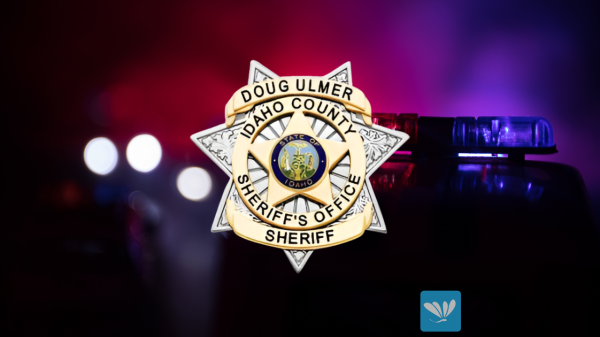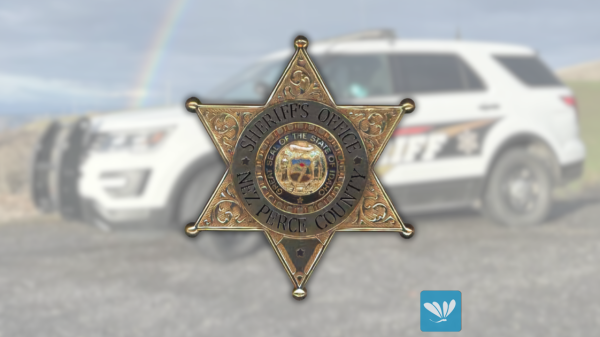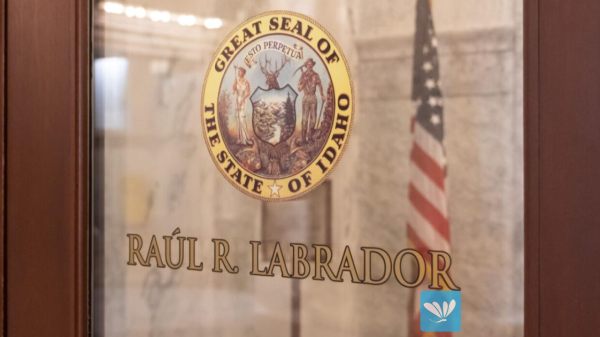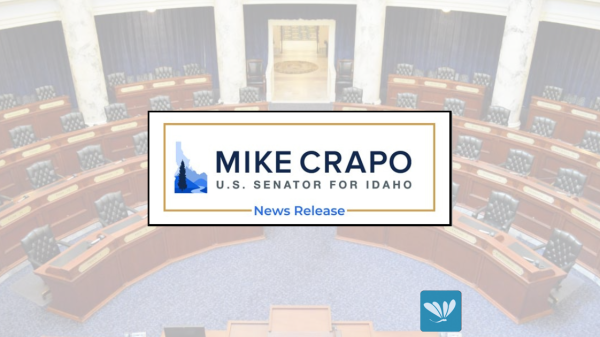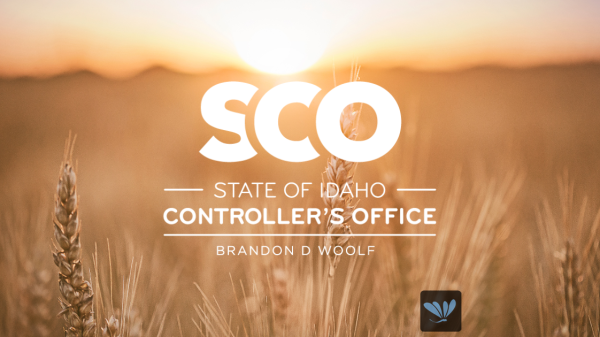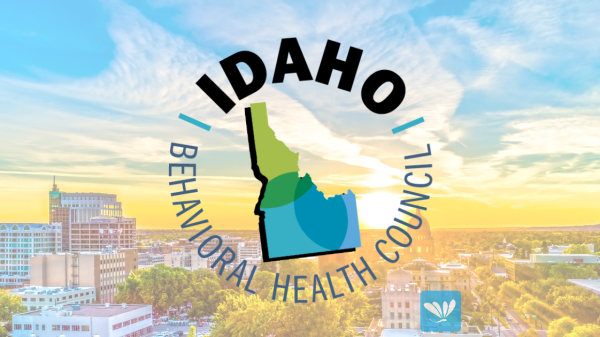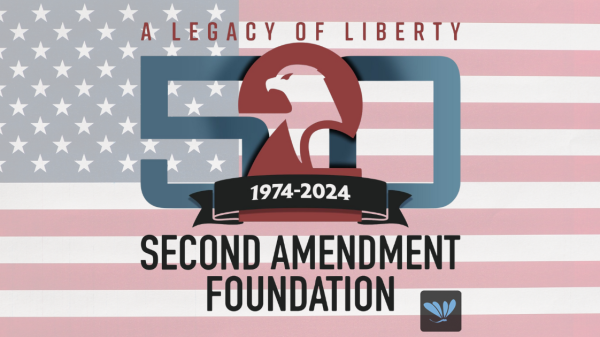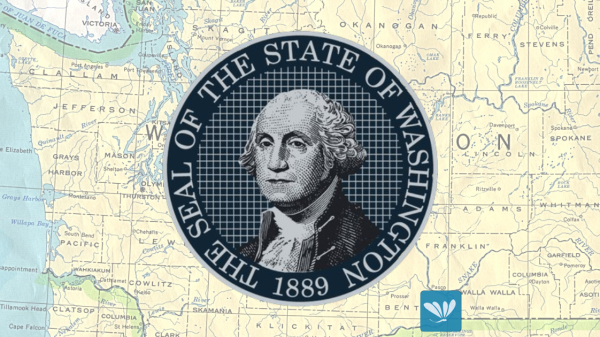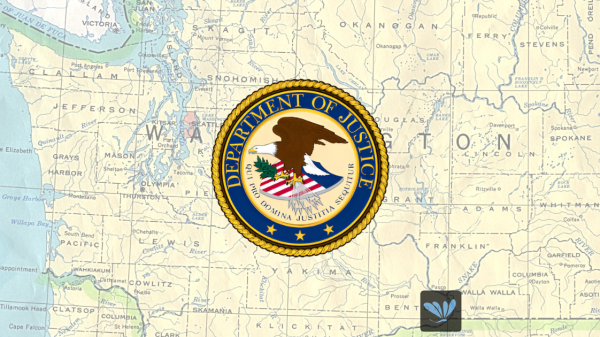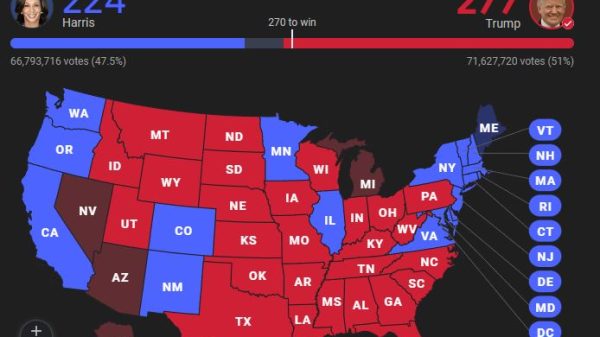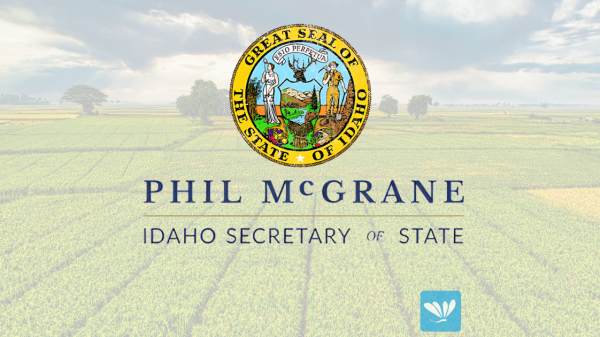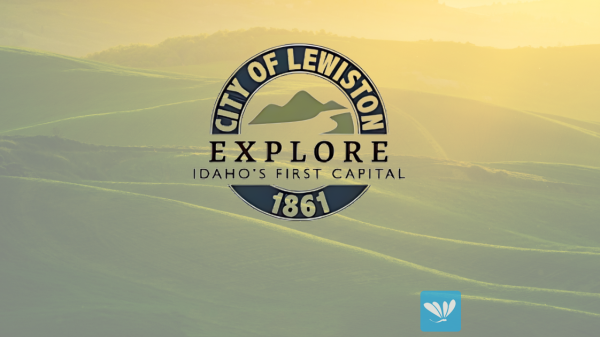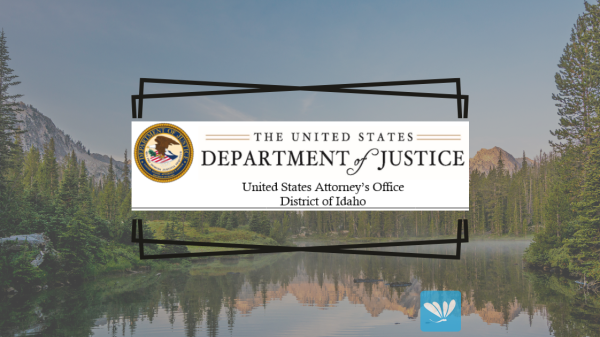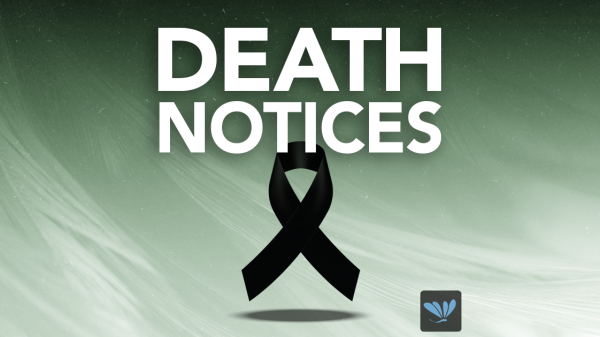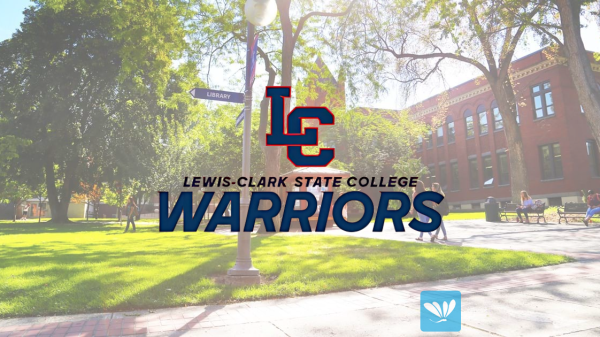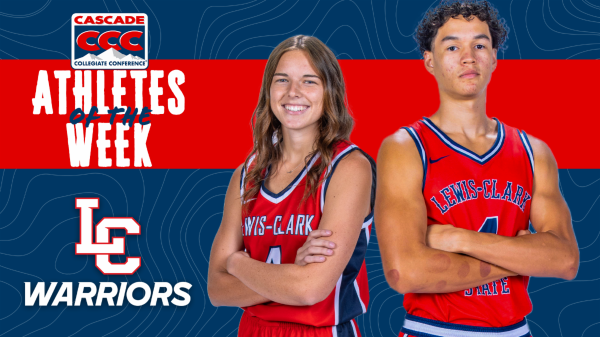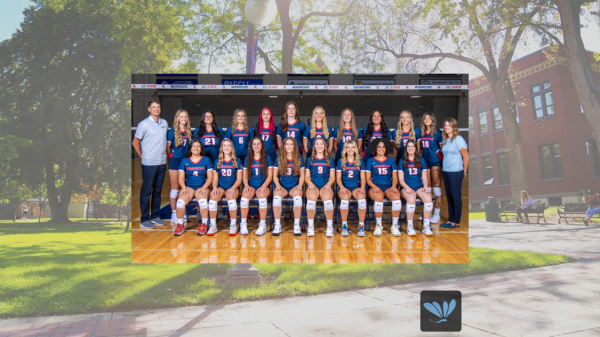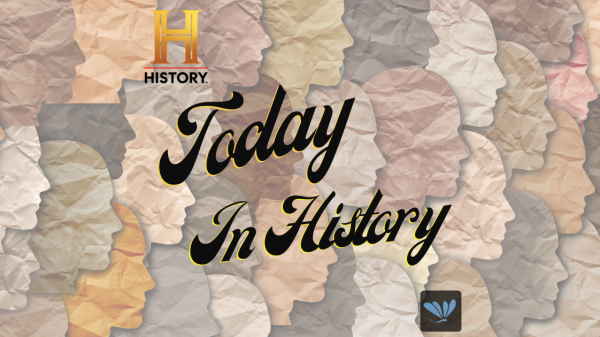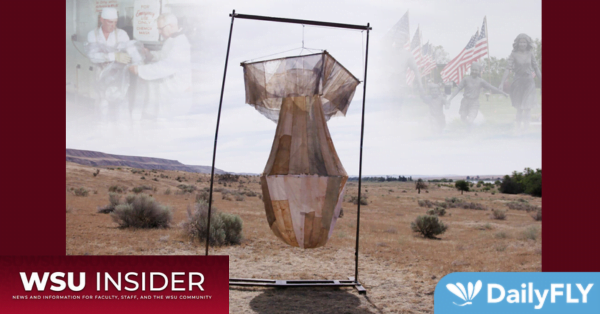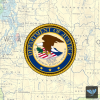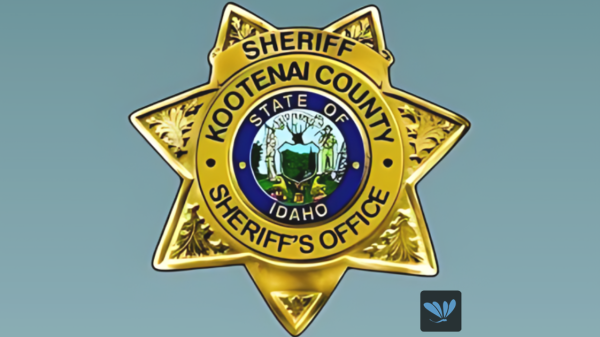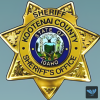A free viewing of the documentary will be be shown at 4:30 p.m. on Feb. 8 in the CUB auditorium. A discussion with Lusztig and Franklin will follow.
Lusztig first became fascinated with Richland, Washington in 2015 when she toured the city and interviewed residents for a film unrelated to Hanford, the Manhattan Project, or the nuclear age. While there she learned more about the city’s history and was especially struck with the large mushroom cloud painted on the back wall of Richland High School. In the years that followed, as Lusztig observed a new and troubling political climate emerge in the United States, she could not shake Richland from her mind and pondered why a community would choose to continue to uphold an image of nuclear war as a heritage symbol. She was compelled to explore what the city “might have to teach us about the ways Americans have processed their own violent histories.”
Lusztug’s film avoids the polarizing elements that presenting a pro-nuclear or anti-nuclear stance creates. Instead, “Richland” promotes “listening spaces,” as viewers confront the complexities that surround the region’s past and present. What results is a film that became, she writes, “an expansive and lyrical mediation on home, safety, whiteness, land, and deep time” as she draws on the experience of nuclear workers, community members, and local tribes, among others.
Franklin proved to be a critical resource for Lusztig’s research. All of the archival material in the film came from the Hanford History Project’s collections and she says the film would have been impossible without Franklin’s deep knowledge and familiarity with the region’s history and with the community. Lusztig cites some of the rarely seen and undigitized images of Hanford and Richland she found there as being central to the film.
Since opening in New York City this past summer, “Richland” has been shown in major cities across the U.S. and Europe. But Lusztig says the most meaningful screenings of her film have taken place in Eastern Washington.
“When I show the film in other places, audience members are often learning about Hanford and Richland for the first time, but when I’ve shown the film in Eastern Washington people bring so many of their own personal experiences and histories into the room…at the same time, sometimes they are also encountering new perspectives,” she said.
Franklin agrees with this assessment, saying Lusztig’s approach “humanizes the site and the surrounding communities in a remarkable way.” He also notes that this very local history has global impacts and relevance.
The screening is part of the WSU History Department’s The Roots of Contemporary Issues Event Series.







